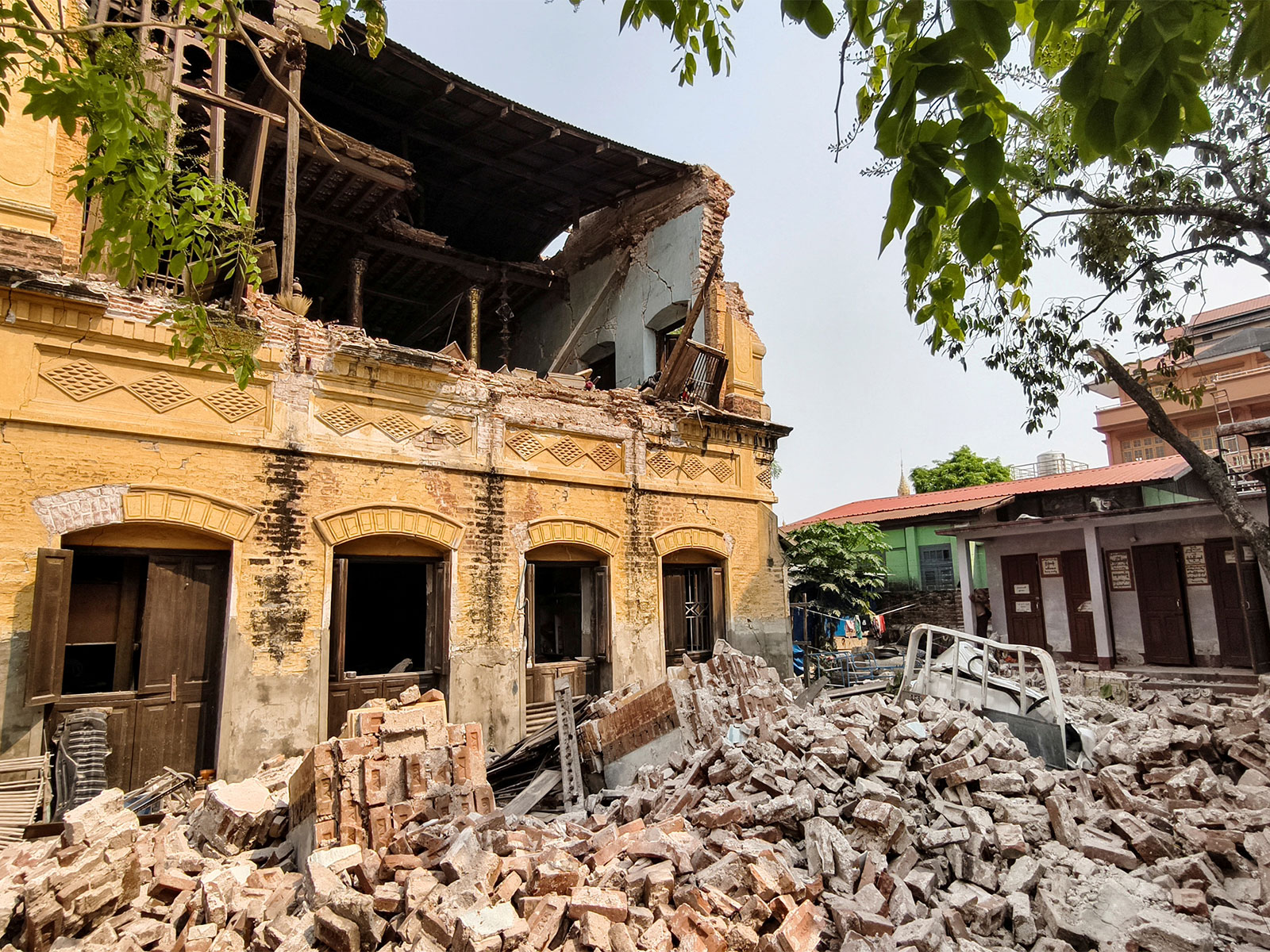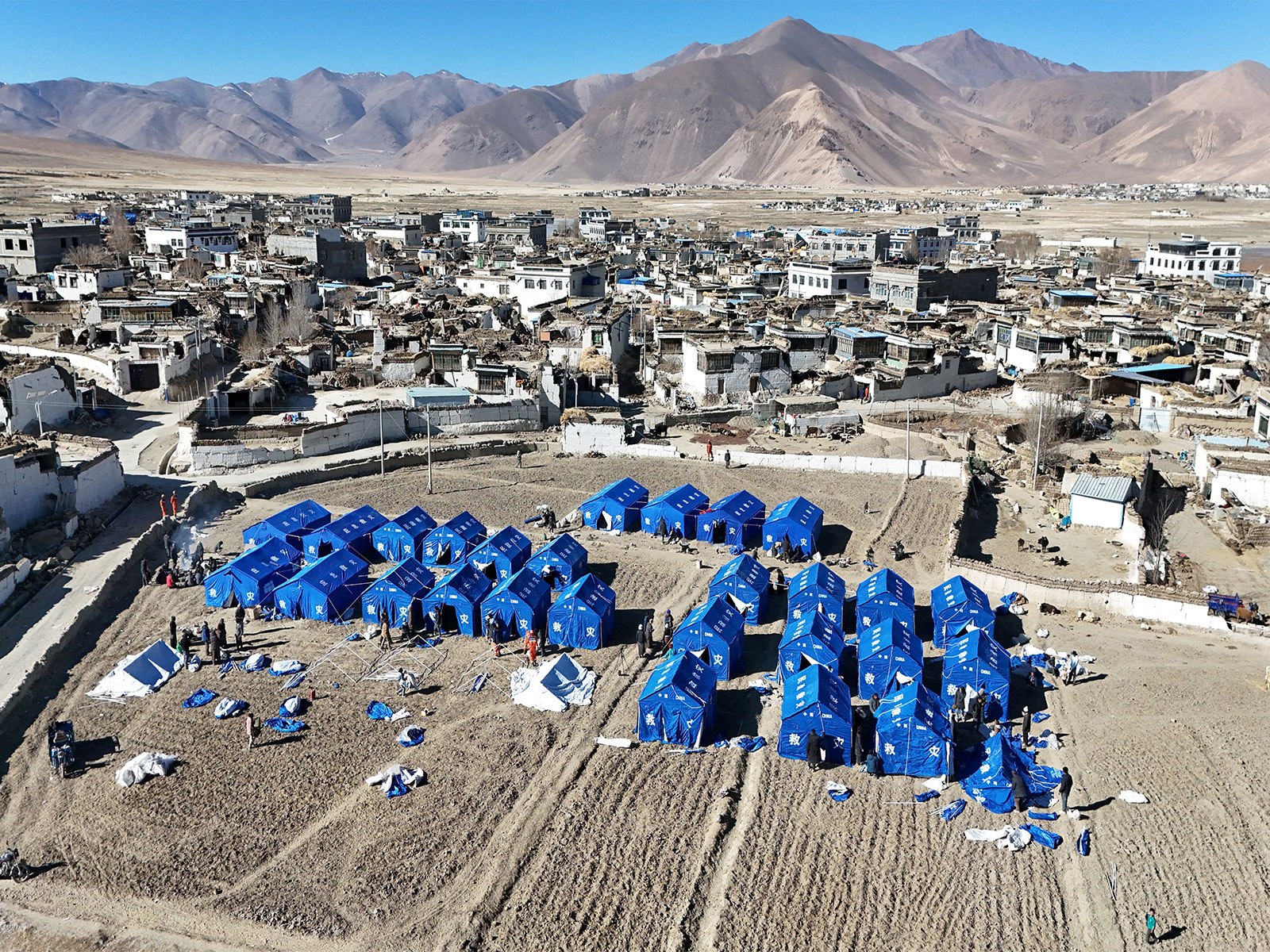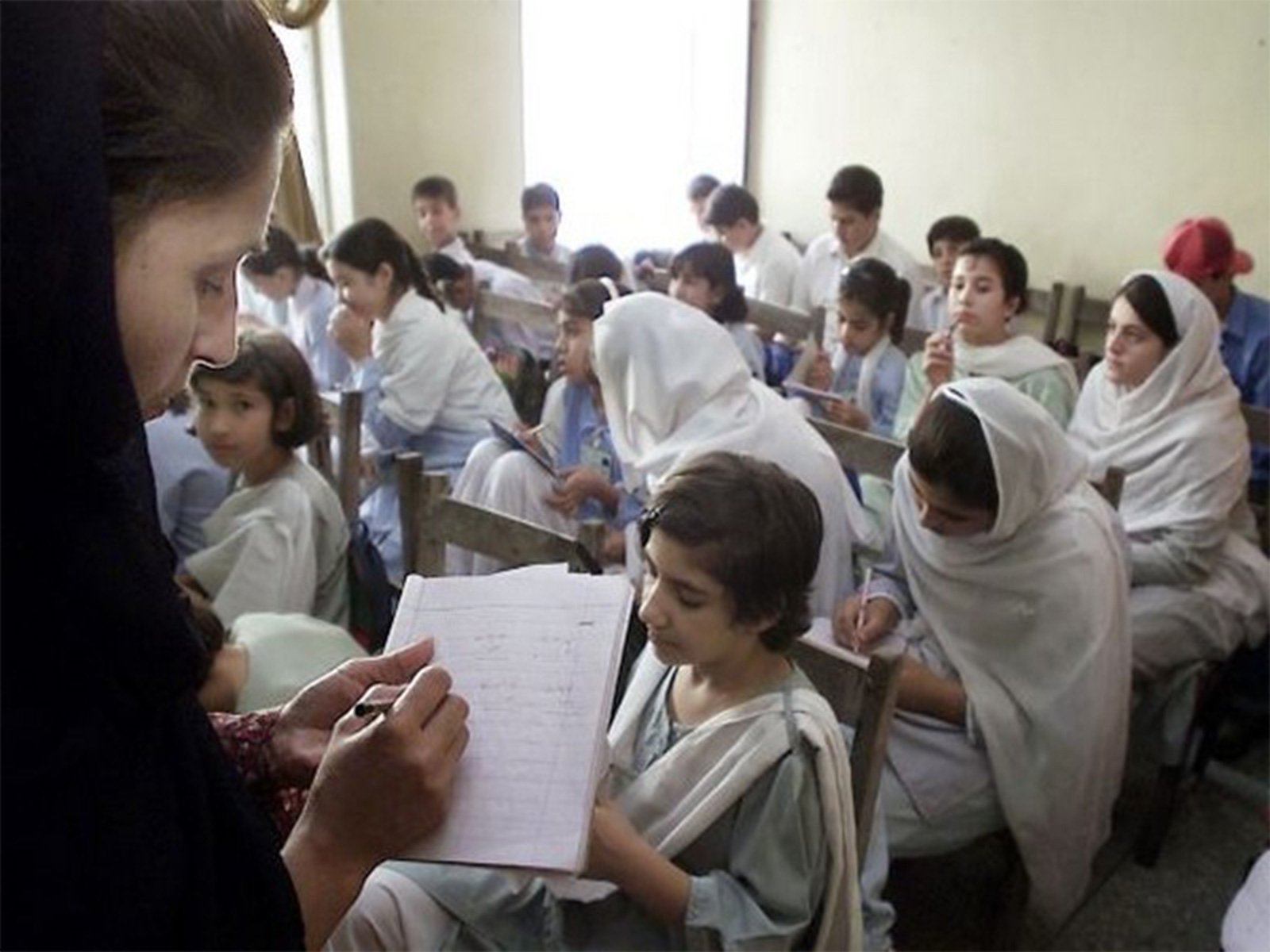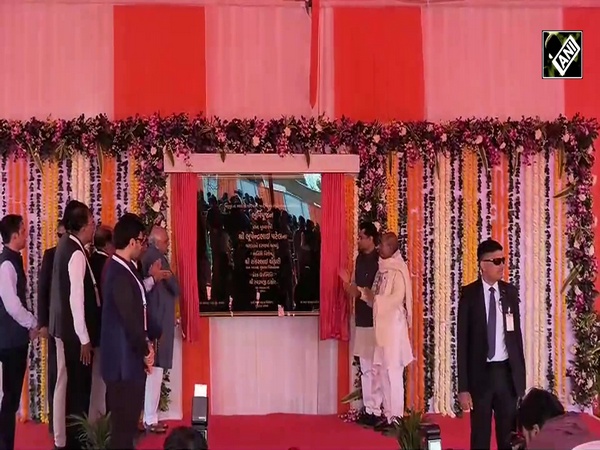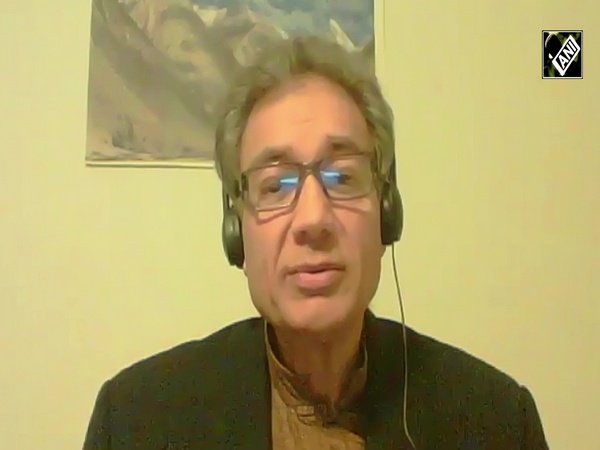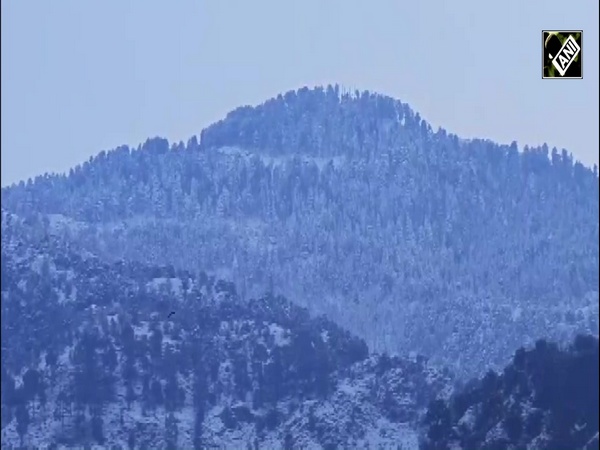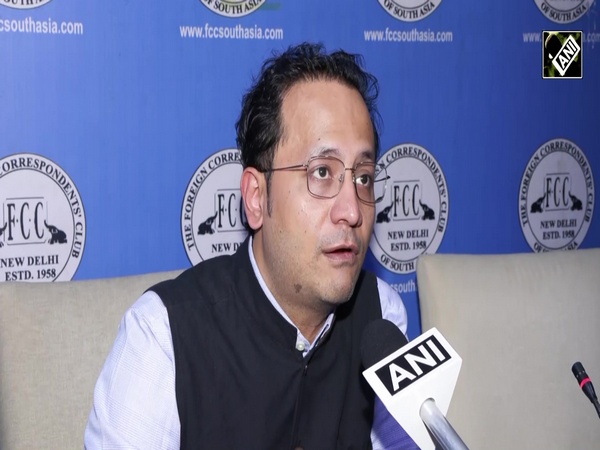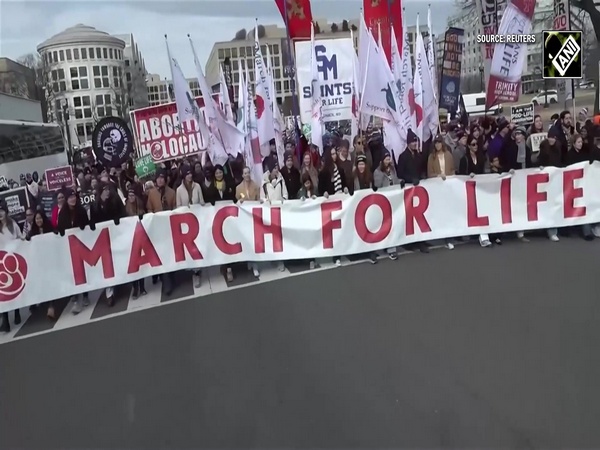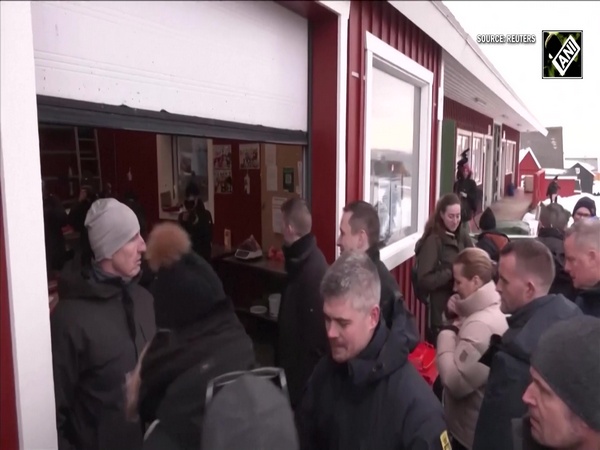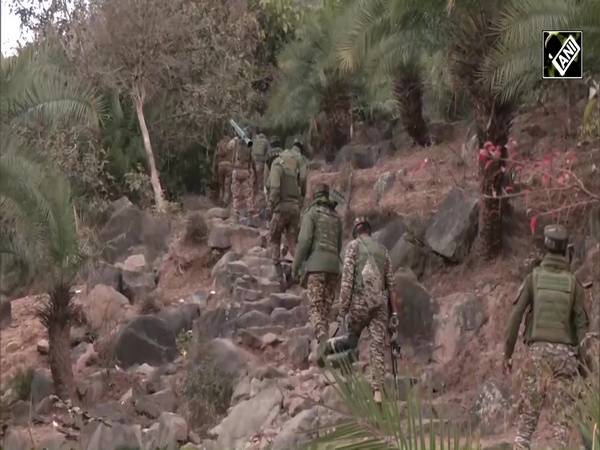'Surge in illegal Arab building along Green Line a security threat'
Jan 10, 2024

Tel Aviv [Israel], January 10 (ANI/TPS): An alarming increase in illegal Arab construction along the Judea and Samaria security barrier has come to light thanks to research by Israeli NGO Regavim.
Analysing photography obtained through aerial reconnaissance, Regavim discovered tens of thousands of illegal structures built along the barrier, which runs roughly along the Green Line, the 1949 armistice line that followed Israel's War of Independence.
Much of the Arab construction is new, created within the last 10 months, reports the think tank, which focuses on land and sovereignty issues.
In the first stage of its research, Regavim studied three sample clusters in the South Hebron Hills, Judea-Etzion, and Samaria, finding 7,675 illegal structures in those clusters alone.
It next looked at illegal construction along the entire security barrier, from the northern tip of the Jordan Valley to Ein Gedi in the south. It identified 16,866 illegal structures.
They were all within 1 kilometer of Israeli communities in the Central and Coastal Plain regions.
"Some of these structures are so close to the line that you can reach your arm out from them and touch homes in Jewish communities in Kokhav Ya'ir, Rosh HaAyin and Modi'in," Naomi Kahn, director of the International Division at Regavim, told the Tazpit Press Service.
"All along the Green Line, Jewish communities are being encroached upon to the point where there is no buffer zone and zero reaction time," she said.
All of the construction is in Area C of Judea and Samaria, where Israel has security and administrative jurisdiction according to the Oslo Accords.
Regavim has for years called for state authorities to address illegal Arab construction in Area C, which the Palestinian Authority has attempted to seize through unlawful construction, often with the help of European Union funding.
What is new about Regavim's research is that post-Oct. 7, it decided to look at the situation specifically along the security barrier. "We never looked at it from that vantage point before," Kahn said.
The barrier, construction of which began in 2002 to deal with a wave of Palestinian violence against Israelis emanating from Judea and Samaria during the Second Intifada, took nearly two decades to complete at 8.3 billion shekels (USD 2.2 billion).
Regavim says the barrier has become a security liability. A State Comptroller's Report from 2023 found that the IDF's reduction of forces in Judea and Samaria undermined its ability to maintain the barrier. Already in 2017, the IDF Central Command decided to stop repairing damage caused by Arab saboteurs.
Miles of the barrier have been destroyed. By 2021, Palestinians could infiltrate Israel "without setting off an alarm along almost half the length of the fence," Regavim's report said.
The report provides pictures of the fence breached at the Meitar crossing in the South Hebron Hills. In 2020, 1,500 Arabs a day entered Israel illegally via that crossing, the IDF estimated.
"They cross through holes in the fence and are picked up by Israeli Bedouin, who act as agents, and drive them around Israel to places of employment," Kahn said.
If the P.A. decides to launch an attack -- and "they've done nothing but glorify" the Oct. 7 massacre -- Kahn said, then it will be far worse than what happened in Gaza, as Judea and Samaria have a much longer border facing more densely populated Jewish areas.
According to Central Intelligence Agency statistics, the P.A. security forces have approximately 28,000 active personnel.
Despite the dangers, Kahn said she has seen no evidence that the Israeli government or the IDF have changed tack following Oct. 7, noting that on Tuesday, the Israeli army destroyed unpermitted Jewish structures while in a two-mile radius, Arabs went unmolested as they simultaneously uprooted protected trees using heavy machinery.
"What the IDF doesn't take into account is that the Jewish buildings are there to preserve the land and protect it from being overrun by illegal Arab construction," Kahn said.
The IDF has also been pushing Jewish residents in Judea and Samaria to accept Arab workers back into their communities, something they've adamantly opposed following Oct. 7, from which it emerged that Arab workers in the south acted as spies for the terrorists.
The IDF's worry is that unemployed Palestinians will turn to terrorism.
This is the same prevailing assumption, that led to the tragedy of Oct. 7, Kahn said, noting that the IDF believed that economic improvement would lead to political moderation.
Arabs can't be bought off with economic incentives, she said. "Just because Israelis value living in dignity and providing for their families doesn't mean the other side does as well. They value dispossessing us more than providing for the welfare of their own people. That's what we're up against." (ANI/TPS)

